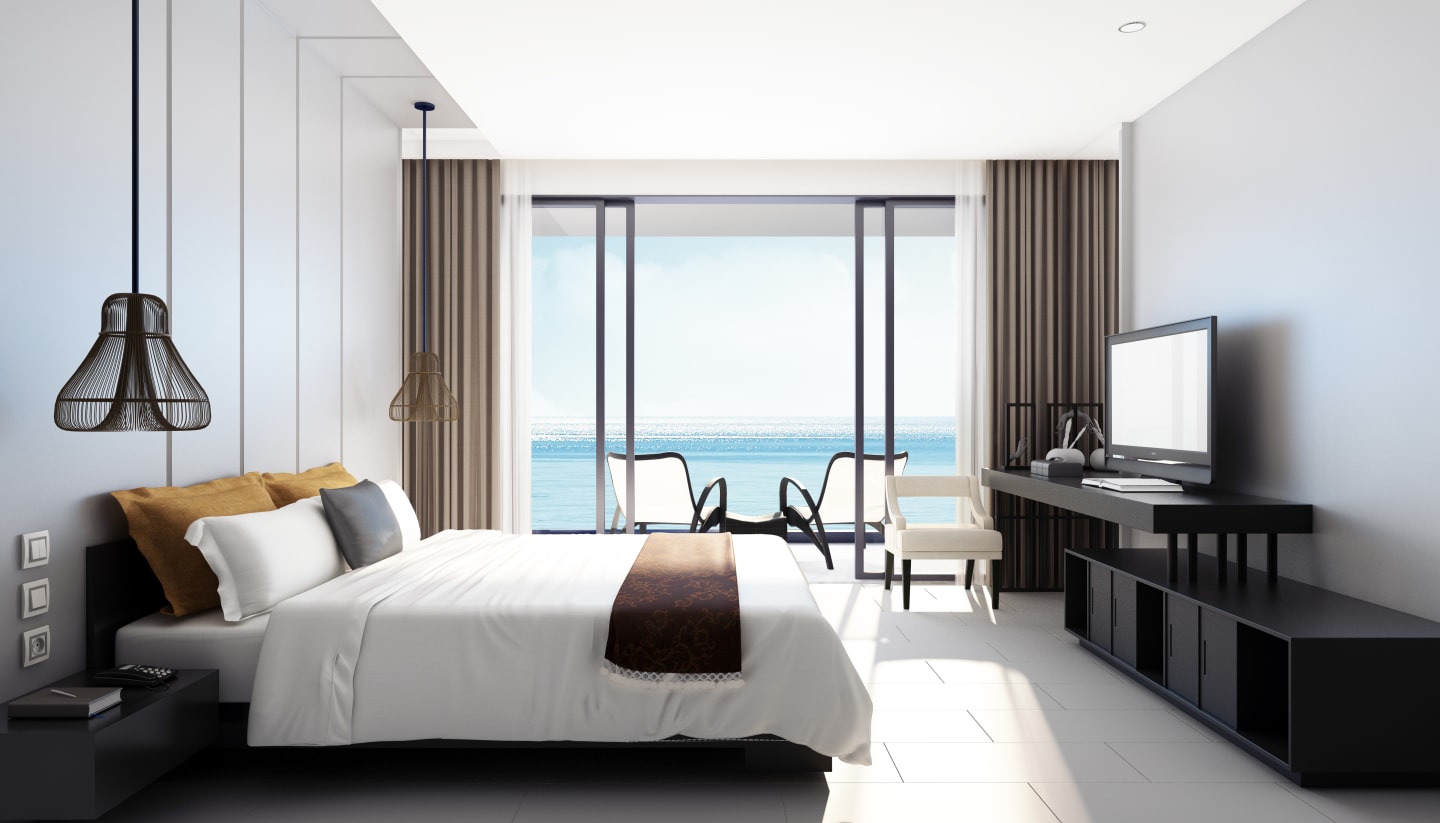Hotel Operations in a Residential Development - benefits for the developer.
I wanted to discuss how residential developments have put in place hotel operational models into these types of buildings and how you can look at alternatives within your own development strategies for an exit, greater flexibility, and/or return. The idea of a residential developer to look to include a hotel operation within its scope is for these reasons and also varies.
Typically the developer will allow a mixed-use to accommodate various solutions. One is a “turn key” solution which is the sale of the hotel component as a single line, this allows a reduced percentage of pre-sales required on the remaining residential apartments to seek construction debt funding. However not all hotel operators like to buy freehold, therefore the other options are to treat this stock as investment stock and take the strata units to the market with a guaranteed return, thus allowing the operator to have a lease in place.
You may still sell as a single line entry to a freehold investor or typically in these arrangements individual passive investors. In return, the operator is managing a number of landlords vs one.
A Developer likes to take to the market a guaranteed return and in addition a brand that has loyalty in the marketplace for the success of pre-sales for such stock. A great marketing strategy. Most new developments provide a lifestyle product that reflects the DNA of a hotel and vice versa “a home away from home”, so there is a natural fit for the residential and hotel operations to co-exist. New developments are also providing concierge services and only make sense having a strong reputable operator to deliver on these services for not only hotel guests but residential owner-occupiers.
Another option is providing a structure under management rights, the investor of the apartments in these buildings gets the income of the short term letting and in return, the Hotel Operator receives a management fee income. This is a higher return for the investor if appropriately appointing the right operator, a risk-reward option, and also depends on the investor risk profile if this is best suited (hence the lease option as an alternative). By setting management rights this way generally only works in large residential complexes to cater enough into the rental pool for short term letting to make the hotel operation profitable. The ideal number is 80 rooms.
The lease and freehold options depend on the product type and its market so this can vary in terms of how many rooms is necessary. It is crucial that the developer prior to going to the market assures and does the appropriate campaign to obtain the right operator that performs, has a loyal brand, strong reputation and has a natural fit for the product that they are branding themselves to whom their buyer is.
As a developer, there are many benefits in terms of brand, value proposition, and some comfort when trying to get the residential development out of the ground. It is always necessary to carry out your feasibility to ensure the demographic precinct caters towards the short term letting that in turn will meet the investment demand and appetite.
